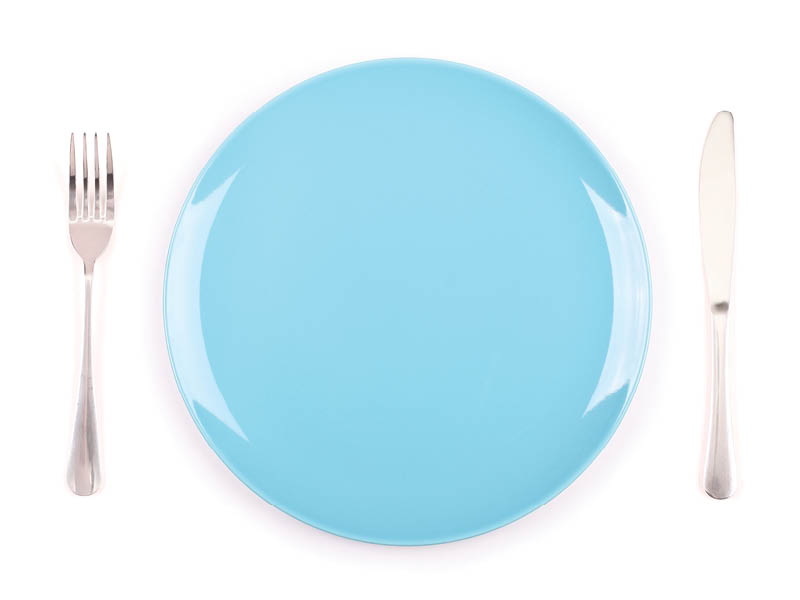Fasting has been around since ancient times.
The concept of abstaining from food or drink during holy days is a common component of many religions, but now the practice is being embraced by a whole new group of devotees—dieters.
British journalist and author Michael Mosley brought fasting into the 21st century in the 2012 documentary Eat, Fast and Live Longer. The film explored the history of fasting and marked Mosley’s progress as he set out to follow a modified fasting diet. Although the research on fasting is still slim, there is some evidence pointing to promising benefits for those looking to drop the extra weight and live a healthier lifestyle. At the end of his trial, Mosley had shed around 14 pounds and had improved his health by lowering his blood sugar and cholesterol levels.
In his book, The Fast Diet, Mosley and coauthor Mimi Spencer lay out a modified fasting regimen known as the 5:2 Diet. Rather than restricting calories on a continuous basis, the 5:2 Diet limits calories on only two non-consecutive days of the week. During those two days women can consume 500 calories, while men are allowed 600. On the remaining five days of the week, a normal amount of calories are consumed.
“The 5:2 Diet is a worthwhile alternative for individuals that find continuous calorie restriction too difficult to maintain,” says Alexandra Hetrick, a dietician at the Riverside Wellness Center in Newport News, Virginia. “It is important to note that the plan involves eating your normal diet on non-fasting days. These are not to be treated as ‘feasting’ days.”
Jill Weisenberger, a Newport News-based health coach and author of The Overworked Person’s Guide to Better Nutrition, advises those who want to give the 5:2 Diet a try to be sure they have a positive relationship with food before taking the plunge. “Keep in mind that a healthful diet made of a variety of wholesome foods is the cornerstone to healthful living,” she says. “This is true if you are following an intermittent fasting plan or a traditional eating plan.”
Adjusting to a fasting routine may be difficult at first for some individuals. “Fasting can lead to fatigue, mood swings, and sometimes overeating,” explains Hetrick. “The focus should be on creating lasting and sustainable changes in your diet and exercise routine to avoid gaining weight back in the long term.”
Both Hetrick and Weisenberger agree that fasting diets are not for everyone, including pregnant or breastfeeding women, the elderly, athletes, children and teens, those with a history of eating disorders, and people taking medication for diabetes, as well as those who are recovering from surgery or who have an impaired immune system.
Always check with your doctor before starting a new diet or exercise routine. You may also want to consult and work with a registered dietitian. If you do decide to try the 5:2 Diet, here are four tips to keep in mind:
- Pick your fasting days. Decide which two nonconsecutive days you are going to fast each week. When first starting out you might want to fast only one day a week. Choose a day where you can afford to experience a decrease in your energy levels, such as a weekend day. Once you feel comfortable with one fasting day a week, add a second.
- Plan your meals. On fasting days you can either break up the calories you consume into two separate meals, or consume them in small portions throughout the day. On fasting days you should eat fish, lean meats and vegetables as they will be the most filling. Avoid sweets and processed foods.
- Drink plenty of water. Water and tea do not contain any calories and will help keep you hydrated. Skip alcoholic beverages on fasting days.
- Get moving. Exercise is a vital part of healthy living and the 5:2 Diet is no exception. Exercise on fasting days is permitted, but don’t rush into it. Start out slow and stop if you feel discomfort. Save more rigorous workouts, such as endurance training, for the non-fasting days.
To learn more about the 5:2 Diet, visit https://thefastdiet.co.uk.


